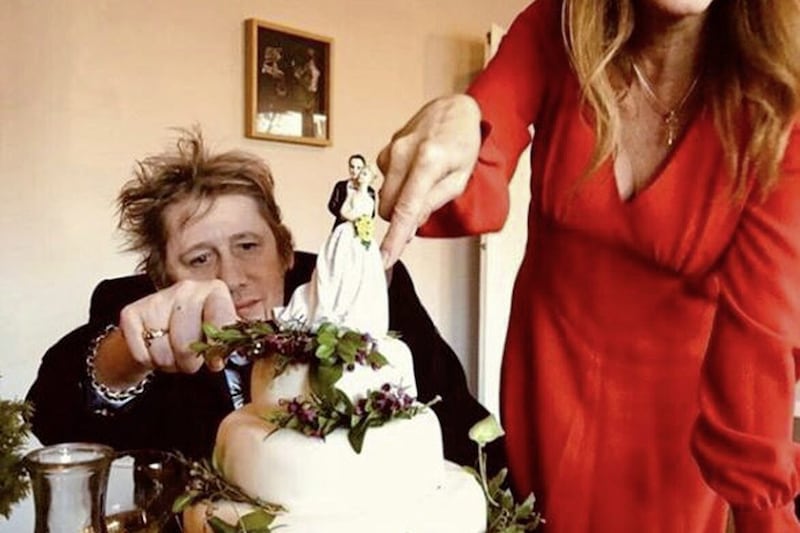Short Cuts: Signal to Noise, Radio 4
Brief encounters, true stories – Short Cuts is creative and rather beautiful radio.
It’s innovative audio storytelling at its best… unsurprising given that it comes from the stable of Falling Tree productions and Eleanor McDowall – expect the most inventive radio out there.
Hosted by comedian and writer Josie Long, Short Cuts is about creating dreamy spaces in sounds.
The first in the latest series – you can catch them on BBC Sounds – captures just what it is like to lose your hearing.
Poet Ross Sutherland lost the hearing in his right ear overnight. “I just woke up and it was gone.”
It was just before his son was born and he joked that it was a blessing that he’d only have to listen to half the crying. But the truth was much stranger.
He began to suffer auditory hallucinations – as if his brain was desperately clinging to the familiar. That sound of his baby’s cry was there – only five times more and on a bad day, he could hear it all the time.
He was not able to work. The tinnitus was like having a radio that was not tuned properly just hovering on the edge of the channel. And then, he would hear his son crying.
“Buried somewhere in that snowbank of static, I’ll hear him wake and call for me,” he said.
That hallucination was bizarre, otherwordly and captured for us to share: “You’re losing a sense yet your brain is not wanting to give up on that sense… like a phantom limb,” said Ross.
Apparently, it’s common to suffer such hallucinations with hearing loss – people will hear songs from childhood, Christmas carols or national anthems. Some will hear a doorbell ringing constantly – they keep going to the door; no-one is there.
Ross finds it unsettling to hear the past and the present simultaneously and to be incapable of distinguishing one from the other.
When he is sitting in a traffic jam listening to his son cry, it is very hard to remember that that cry is not real. He is haunted by it.
With this kind of radio-making, you get so much more than the story – the listener is invited to share in the experience.
Ross thinks of it as his brain writing him a poem, making a present of his memories, gifting echoes.
This is story and music and poetry – radio at its best.






